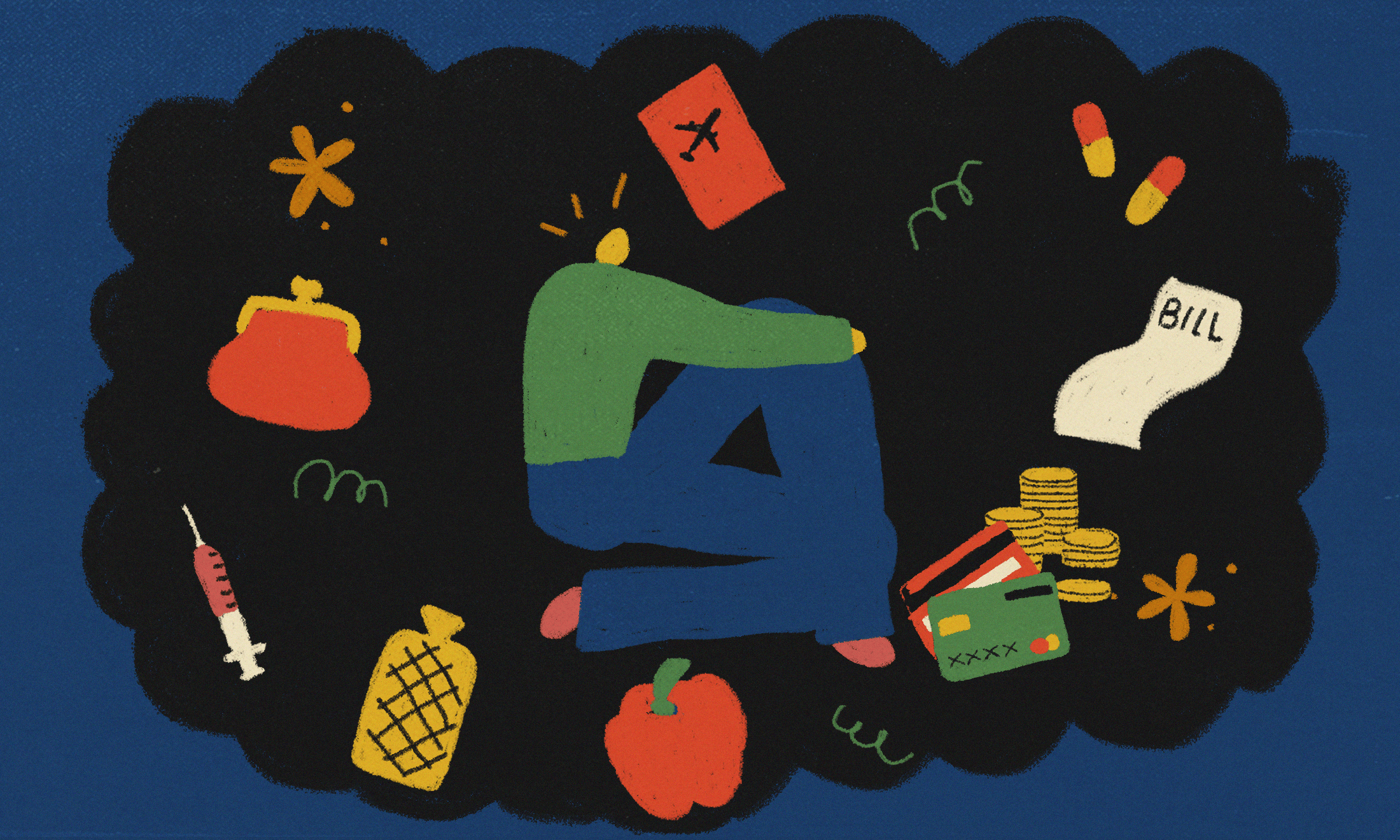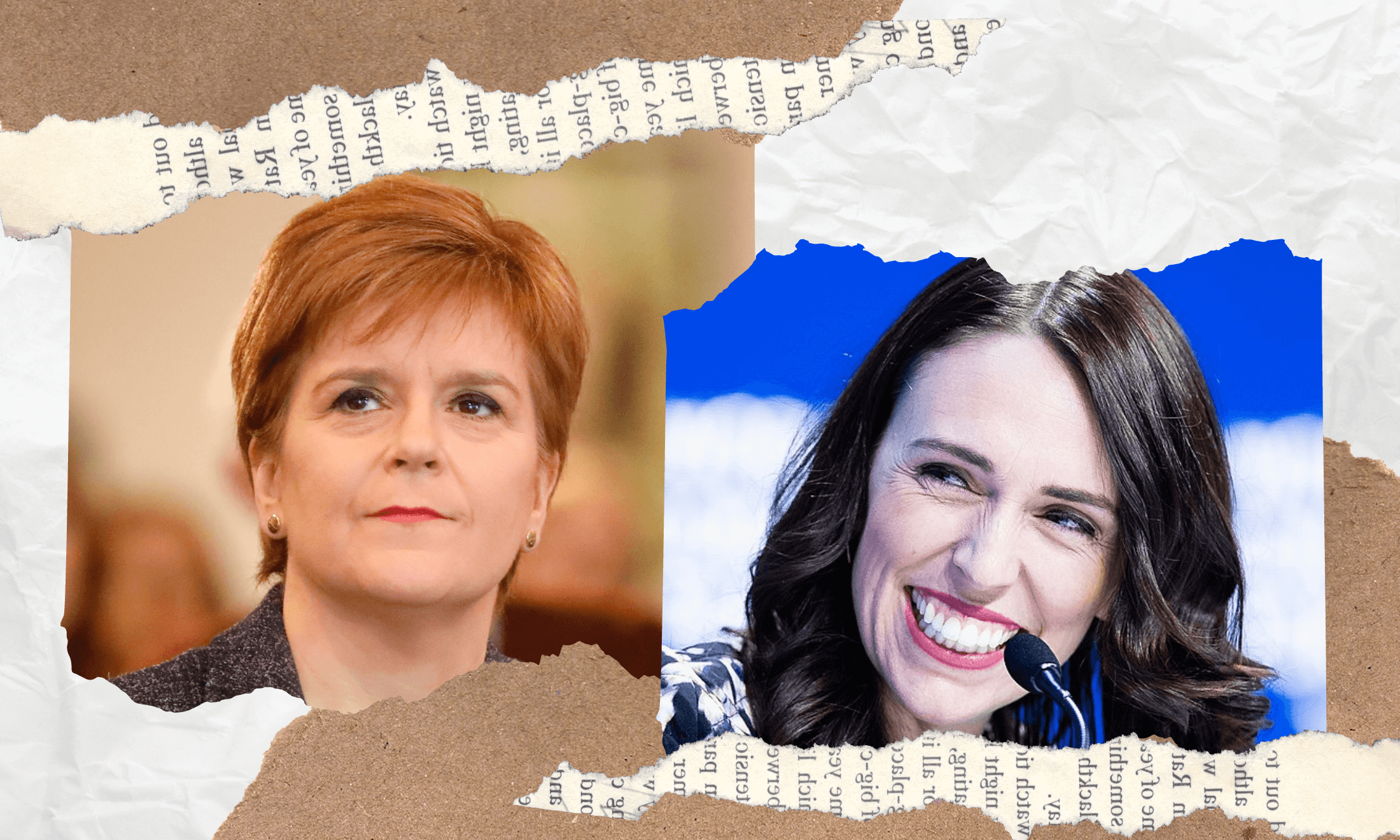
Photography by Jay Allen / Crown Copyright
Boris Johnson’s ‘brownwashing’ is a return to Britain’s imperial playbook
Having four British Indian members of the cabinet feels markedly closer to the indirect rule of empire than any form of liberation.
Yassmin Abdel-Magied
09 Oct 2020
Lauded as one of the most ethnically diverse governments in history, Boris Johnson’s “cabinet for modern Britain” was received with much fanfare. It was positioned as a bold, nation building exercise for the Brexiting state. A racially diverse cabinet, the story went, was an indicator that Boris’s Britain had progressed from the days of Enoch Powell and “No Irish, No Blacks, No Dogs” signs. But this was a myth, reliant on the misguided belief that any representation was a sign of progress.
His government is anything but progressive. The Home Secretary Priti Patel continues to push through an immigration bill that wouldn’t have allowed her own parents into the country. Priti is now reportedly considering sending asylum seekers to offshore detention centers modelled on Australia’s cruel, inhuman and degrading policies and has been widely criticised this week after her comments at the Conservative party conference in which she said she would “expedite the removal” of asylum seekers.
Meanwhile, the government reviewer of the discriminatory Prevent programme admitted he was “biased towards” the programme. Trevor Phillips has been trusted to work across an inquiry into the disproportionate impact of Covid-19 on BAME communities, despite being suspended from the Labour Party for Islamophobia. Given the first four doctors to die from the disease were Muslim, the appointment is offensive at best, fatal for communities at worst. It is no wonder Black, Muslim and other marginalised communities feel unsafe and threatened. Boris’s government is bad faith appointments and brownwashing as far as the eye can see.
How has this happened? A closer look at the current cabinet hints at a slightly different story to the one being told. Despite Black Britons representing 3% of the population, British Indians 2.3% and British Pakistanis 1.9%, the ethnic minorities in Boris’s cabinet are all British Indian. And even then, only a particular subset makes the cut. The four British Indians are either East African Asian, Hindu, or both. They are also almost all staunch Brexiteers. Britain’s modern diversity, this is not.
“A light sprinkling of brown faces doth not a progressive cabinet make”
Admittedly, the cabinet’s ethnic minorities were previously drawn from a broader church, including British Pakistani Sajid Javid, but none of those members made it past the first reshuffle. Sajid’s dismissal was rumoured to be connected to his demanding an investigation into Tory-party Islamophobia, but others were dismissed without explanation. Cambridge English professor Priyamvada Gopal observes in The Independent that coupled with the current makeup of the cabinet, Boris’s choices only serve to perform “inclusion without changing the exploitative and racist politics of the One Nation Conservatism”. It was a bait and switch, focused on the performance of progress rather than what would create meaningful change for the communities this “diversity” was meant to reflect.
In other words, a light sprinkling of brown faces doth not a progressive cabinet make.
In the wake of the brutal murder of George Floyd in the United States, this hypothesis was put to the test. Black communities and their allies across the UK demanded justice and structural change, not just for him but for many in the UK whose fate mirrored his. This was the moment for the cabinet to shine, to reflect the progressive values they were regarded to represent. Instead, their response exposed the fantasy at the heart of the fairytale – representation had never meant progress for the marginalised.
Boris Johnson immediately distanced the country from the protests, ignoring Britain’s own record of police brutality and pivoting instead to the red herring of statues. Priti Patel declared the protests unlawful and threatened protesters with “justice” for their “thuggery” against the police, language deceivingly framing the #BlackLivesMatter movement as villainous and violent. Dominic Raab claimed taking the knee came from Game of Thrones, and Matt Hancock named two Asians when asked about Black cabinet ministers. This ignorance and insolence went unpunished. Eventually, Boris announced a commission into racial equality, then kneecapped the effort almost immediately by appointing Munira Mirza, a woman who believes institutional racism is a myth, to lead it. British journalist and author of Why I’m No Longer Talking to White People About Race, Reni Eddo-Lodge likened the move to “asking Jack the Ripper to weigh in on feminism”. The entire episode did little more than reveal the racist rot infesting Whitehall and remind us that staggering disregard for Black people would continue to be a hallmark of Johnson’s government.
“Ethnic minorities finding parliamentary success today are largely descendant from one specific group”
Sadly, these decisions and declarations are unsurprising to anyone familiar with the failure of the politics of representation, which allows for the elevation of individuals from one minority group while pursuing discriminatory policies against others. It is a colonial sleight of hand as old as the Empire itself, harkening back to practices of divide and rule that enabled imperial expansion. Today’s political goal is Brexit, and imperial habits are hard to break.
The ethnic minorities finding parliamentary success today are largely descendant from one specific group with a particular imperial history: East African Asians descended from Indians, long employed by the British to oversee the East Africa Protectorate on their behalf. They acted as sub-imperial agents, maintaining and reinforcing the colonial hierarchy until Kenyan independence in 1963. Africanisation policies and Idi Amin’s expulsion forced thousands of these now “twice migrants” to the shores of Britain. This was a cohort perfectly poised to benefit from Margaret Thatcher’s “enterprise economy”, bringing with them wealth, strong English language skills and “family values”, as well as lived experience of a colonial hierarchy that rewarded domination of Black Africans. Narindar Saroop, the first Asian Tory Parliamentary candidate, felt that these upwardly mobile Sikh and Hindu Indians were “natural conservatives”, and so in 1976, the Anglo-Asian Conservative Society was born.
Saroop was quite the character. An ardent Anglophile, he once described himself as the kind of man who “sits on a tiger-skin rug, wearing a monocle, eating chicken tandoori and humming ‘God Save the Queen’”. He was also a key player in attracting conservative Asians to the party, facilitating meetings with Thatcher herself, and helping them buy into her vision of a self-reliant and entrepreneurial Britain. Their businesses and investments grew, and soon British Indians would become Britain’s wealthiest ethnic minority group, and a growing voter base for the Tories. In less than a decade, the British Indian Conservative vote almost tripled, from 9% in 1979 to 24% by 1987. The strategy was so successful that David Cameron repeated it in 2010.
“The party used the identities of cabinet members as inoculation from any charges of racism”
By 2017, the Conservative share of the British Indian vote was up to 40%, reflecting the growing Conservative Hindu and Sikh constituency. Although not all Conservative voters, British Indians were also the most pro-Brexit ethnic minority group, with 40% voting Leave. So when Boris won a landslide victory on the promise to “Get Brexit Done”, elevating British Indians to visibly senior positions and brownwashing the cabinet was a no-brainer. But this was not the anti-racist overture it was presented as – it was regression masquerading as progress. The party moved further right, pursuing anti-immigrant, xenophobic and Islamophobic policies and used the identities of cabinet members as inoculation from any charges of racism.
As Priyamvada reminds us, “A place at the majority table often comes at the price of silence or active complicity.” Unless members of minority communities are using their positions of power to alleviate oppressions of other marginalised groups, representation is not genuine progress. In fact, the focus on a simple metric can often be a smokescreen for activism, and the current cabinet shows us as such. Remember, empire building was not only about taking advantage of divisions between communities but actively creating and exacerbating conflict for control. So while some might argue that having four British Indian members of the cabinet is at least some progress, it feels markedly closer to the indirect rule of the empire than any form of liberation.
Whether for imperial expansion or Brexit Nativism, as a Black woman, one thing is clear — being ruled by brown faces instead of white is simply a return to the imperial playbook, not progress at all.

Britain’s policing was built on racism. Abolition is unavoidable

How Pakistan’s Khwaja Sira and transgender communities are fearing and fighting for their futures

Their anti-rape performance went viral globally. Now what?





